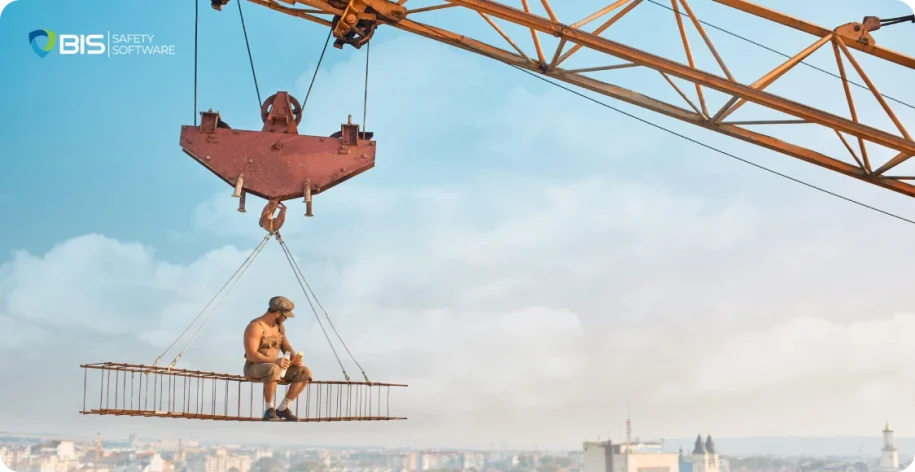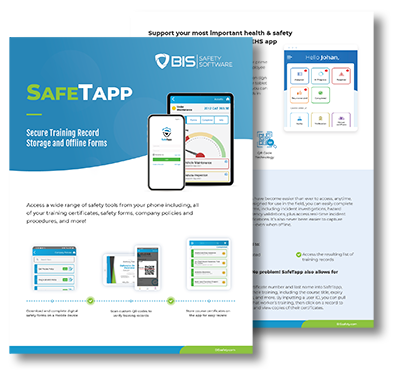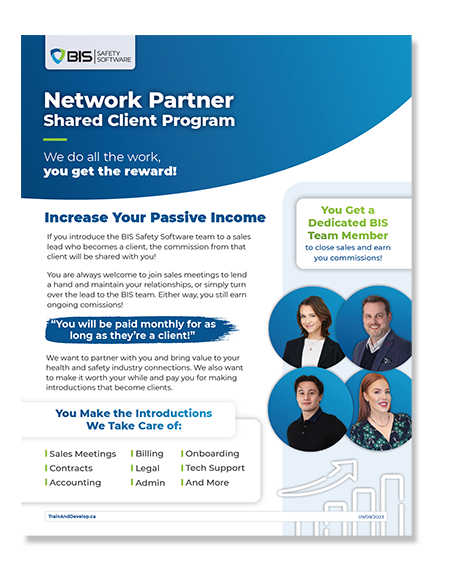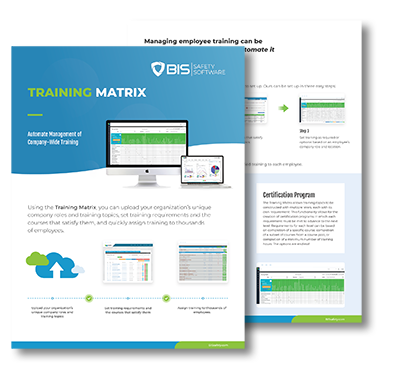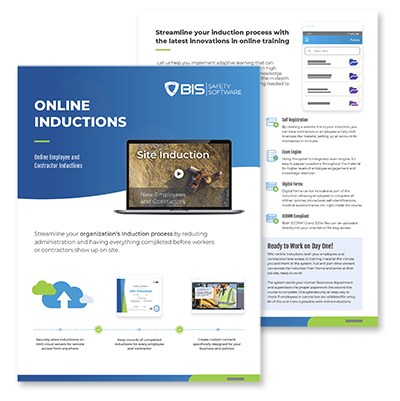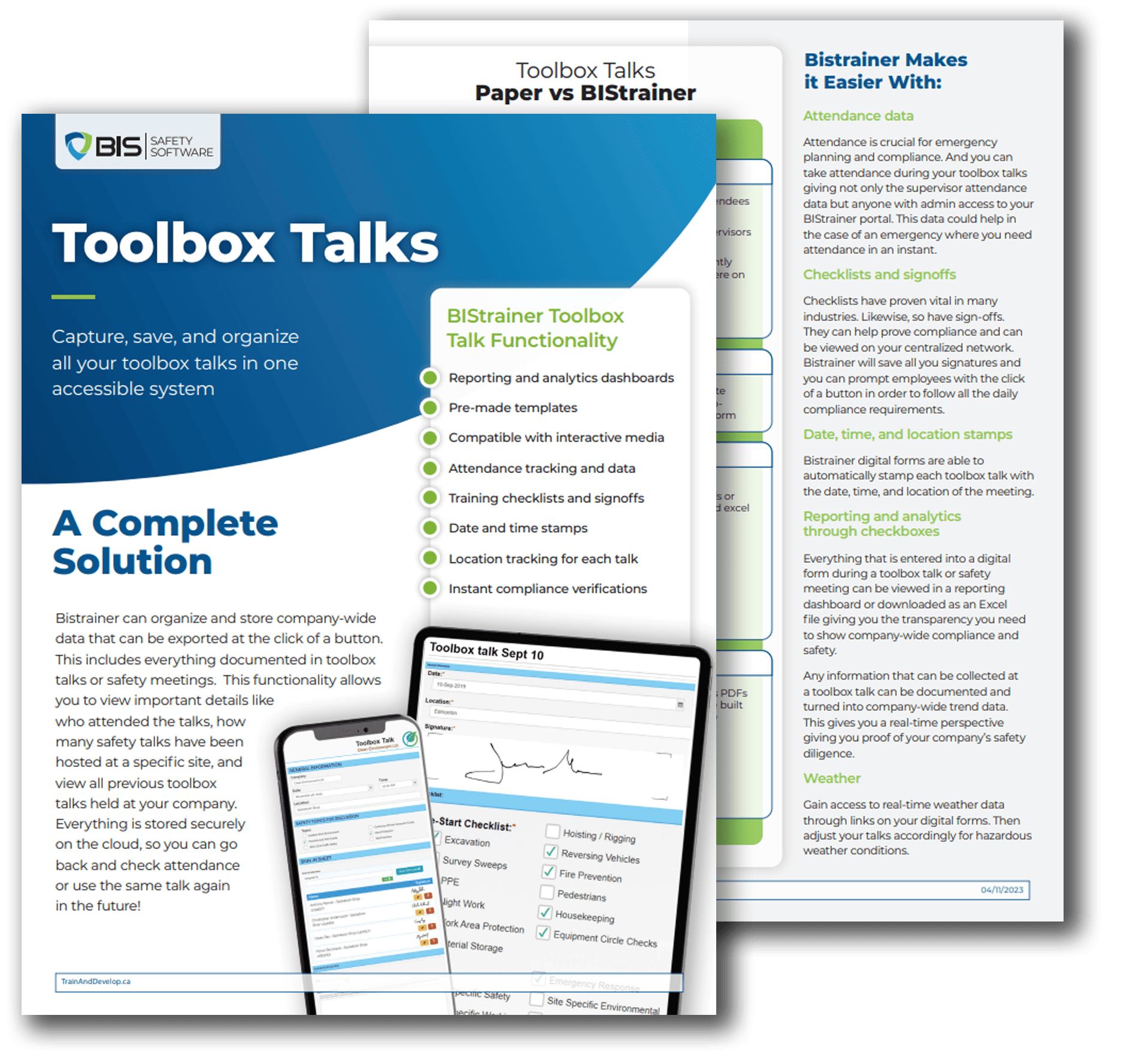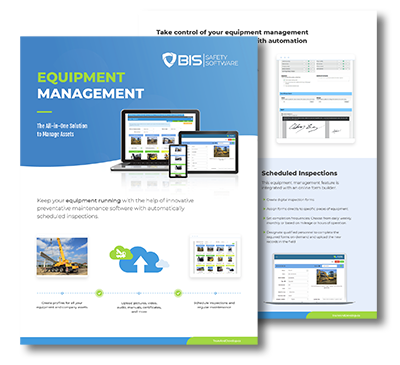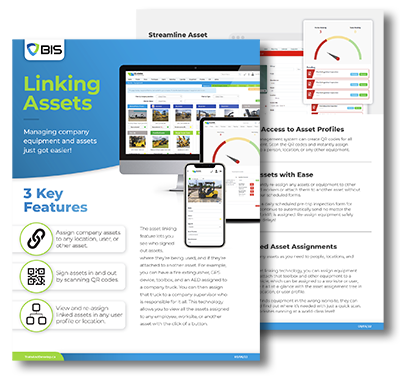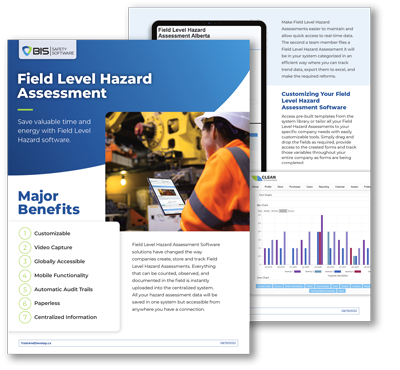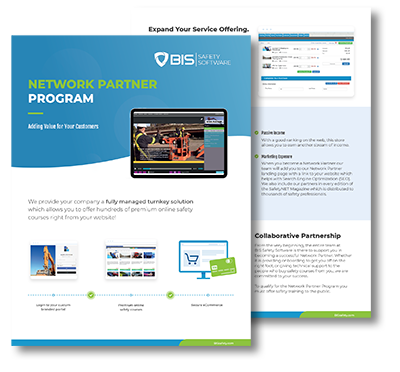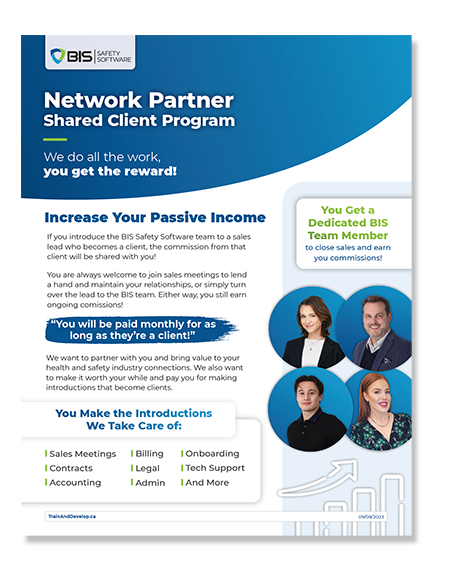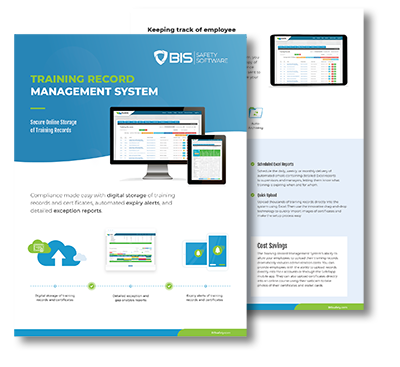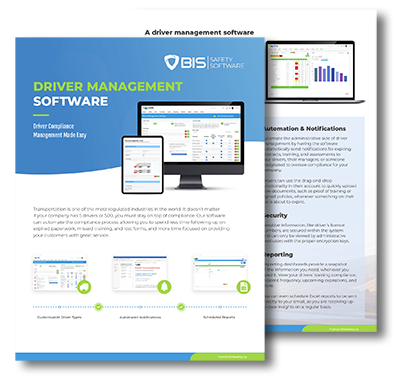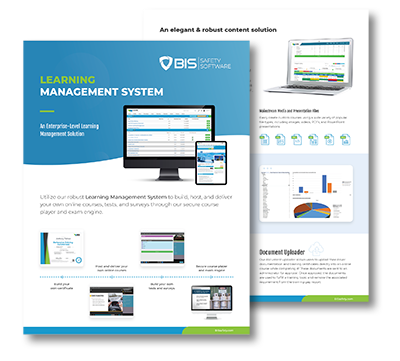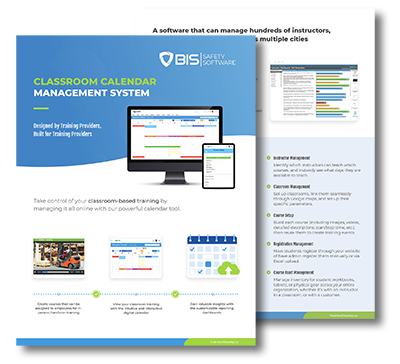You hear it on job sites across the UK: “I’ve done this for years. I know what I’m doing.” It’s the voice of confidence—or perhaps denial. For many seasoned tradespeople, safety rules start to feel optional. They’ve bent the rules before and got away with it. So why would this time be any different?
But that mentality? It’s a ticking time bomb.
“When I was younger, it was usually the guy who had injured himself and he became the safety guy. It was like drawing the short straw. But safety has really grown since then.” — Allan James Moore, HSE Leader
Experience Doesn’t Make You Invincible
The more time someone spends on the tools without an incident, the more they start to think they’re immune. But working in construction, manufacturing, or logistics isn’t about how long you’ve stayed lucky—it’s about how you prepare for when luck runs out.
“Confidence isn’t the problem. Complacency is. People start thinking, ‘I’ve done this a thousand times.’ That’s when things go wrong.” — Jeff Mulligan, COO, Aztec Safety
Whether it’s skipping the harness for “just a quick job” or bypassing a guard on a machine—one misstep can end it all.
“A fellow had given a safety talk on fall protection… the next day, he didn’t do what he’d advised. He fell off and impaled himself on rebar. Everyone who saw or heard about it was affected.” — Jeff Mulligan
The Slippery Slope of Overfamiliarity
It’s easy to start relaxing your standards when the job feels like second nature. You get quicker. You get comfortable. But comfort leads to oversight.
“You can have the best systems, the best equipment… but if people don’t feel empowered to use them, you’ll always struggle to be safe.” — Dr. Johanna Pagonis
Worse still, when veterans start brushing off procedures, younger staff take note. What was once a standard becomes “just paperwork.” And that’s where danger creeps in.
“They see safety as an impediment, something to work around. But if they’re proud of their programmes, if they care deeply—then culture changes.” — Jeff Mulligan

Risk Doesn’t Respect Seniority
No matter how experienced, no one is beyond risk. Tools malfunction. Floors get slippery. People make mistakes. The law doesn’t make exceptions—and neither do accidents.
“Safety isn’t just about protecting your body—it’s about caring for the people around you. If not, you’ll always find ways to cut corners.” — Dr. Johanna Pagonis
Building a Safer Work Culture—Together
Changing hearts and minds starts with leadership. It’s about creating a culture where safety is seen as strength, not an inconvenience.
“Lead with the heart. Ground safety in emotional intelligence. On some level, you have to care about your fellow human being.” — Dr. Johanna Pagonis
“We often only get the wake-up call after something terrible happens. The key is to instil safety before the cost is human.” — Jeff Mulligan
Practical ways to shift mindsets on site:
- Use real case studies. Accidents involving long-time staff are powerful reminders.
- Model behaviour from the top. If management ignores the rules, why should anyone else follow them?
- Challenge the “old school” mentality. Don’t let outdated attitudes undermine safety.
- Make it personal. Remind teams what’s at stake—families, futures, livelihoods.
- Keep training relevant. Refreshers keep risks front of mind.
- Encourage open dialogue. Let people report issues without fear of blame.
One Moment Is All It Takes
The “I’ll be fine” mindset is an illusion. All it takes is one misjudgement, one shortcut, one unlucky moment. And suddenly, everything changes.
There are those who respect risk—and those who end up as examples in next year’s safety induction. Don’t wait until it’s too late.
Stay alert. Stay protected. Because yes—it can happen to you.
Additional Articles

Empathy at Work: The Leadership Mindset That’s Driving Real Results
Empathy at work isn’t fluff—it’s a performance driver. From trust and safety to innovation and loyalty, emotionally intelligent leadership is reshaping business success. … Read More
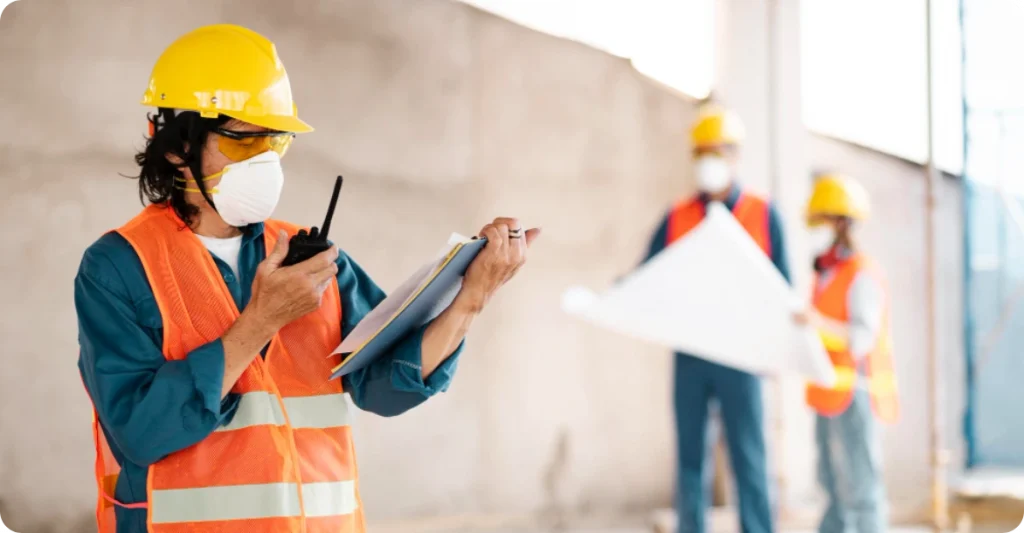
Steve Nash and the End of Tick-Box Safety
Inspired by Steve Nash’s training style, this article explores why deliberate practice—not paperwork—is key to real-world safety in high-risk jobs. … Read More

